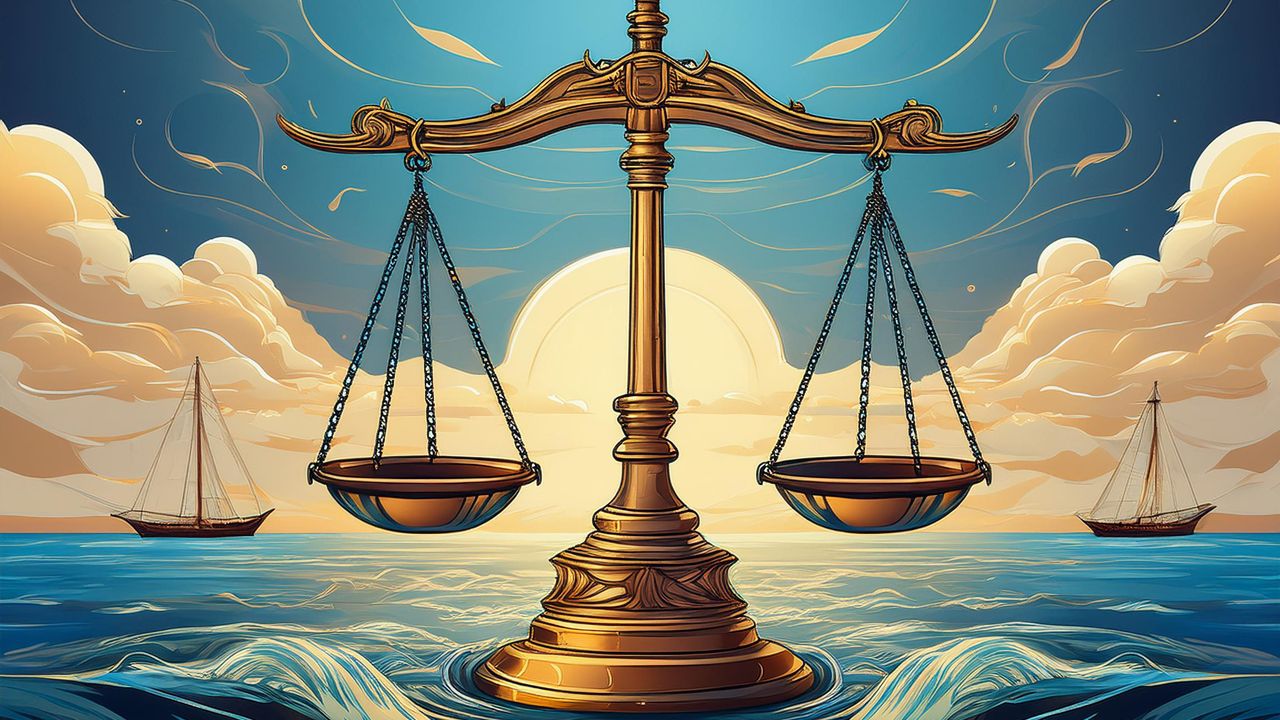What is Maritime Law?
Maritime law is a specialized body of law that regulates activities related to shipping, navigation, and marine commerce. It addresses various legal issues that arise on the water, creating a legal framework to protect maritime interests. Maritime law applies to both international waters and domestic waters, playing a crucial role in facilitating global trade and ensuring safety at sea.
What Does Maritime Law Cover?
Maritime law operates as an independent legal framework in many developed nations, separate from national laws. Key areas covered under maritime law include
- Shipping contracts
- Ship registration and inspection
- Insurance claims
- Disputes between shipowners, seafarers, and passengers
- Piracy
- Carriage of goods
These legal aspects ensure smooth operations in the maritime industry, safeguarding the rights and obligations of those involved in shipping and marine transport.
Who Regulates Maritime Law?
Maritime law is shaped by both national and international legal frameworks. On the international stage, the International Maritime Organization (IMO), a specialized agency of the United Nations, plays a pivotal role. The IMO develops and maintains regulations covering various aspects of shipping, including:
- Safety at sea
- Environmental impact
- Training for maritime personnel
These regulations are adopted by IMO's 176 member states and integrated into their national maritime laws.
Key IMO Conventions That Shape Maritime Law
The IMO enforces a range of international treaties that regulate maritime activities, focusing on safety, security, and environmental responsibility. Among these treaties, three core conventions are foundational to maritime law:
- SOLAS (International Convention for the Safety of Life at Sea) – Ensures safety at sea through regulations on ship construction, equipment, and operational procedures.
- MARPOL (International Convention for the Prevention of Pollution from Ships) – Regulates the prevention of pollution from ships, covering oil, garbage, and other harmful substances.
- STCW (International Convention on Standards of Training, Certification, and Watchkeeping for Seafarers) – Sets global standards for the training, certification, and duties of seafarers.
These conventions are vital to maintaining the global standards that govern safe and responsible maritime practices.
The History of Maritime Law
The origins of maritime law trace back to ancient civilizations, with the Rhodian Sea Laws (circa 800 BC) being one of the earliest known examples. Over the centuries, maritime law evolved through the influence of various cultures and legal systems. By the 17th and 18th centuries, maritime law became more structured, particularly in England, where the Admiralty Court was established.
In modern times, the United Nations Convention on the Law of the Sea (UNCLOS), adopted in 1982, significantly advanced international maritime law, addressing:
- Territorial waters
- Navigation rights
- Environmental protections
Why is Maritime Law Important?
Maritime law is essential for the smooth functioning of the global economy. As international trade and shippingcontinue to grow, maritime law ensures:
- Fair trade practices through contracts and dispute resolution.
- Safety of seafarers and passengers.
- Environmental protection from pollution and other maritime hazards.
Maritime law continues to be a cornerstone for regulating the complex and dynamic world of sea-based activities. Its role in ensuring safety, protecting the environment, and facilitating fair trade cannot be understated. As the maritime industry evolves with new technologies and global challenges, the framework of maritime law must adapt to meet these changes. Understanding maritime law's foundations, its key conventions, and the organizations that shape it is crucial for anyone involved in the industry, highlighting its significance in maintaining a stable and prosperous maritime economy.



